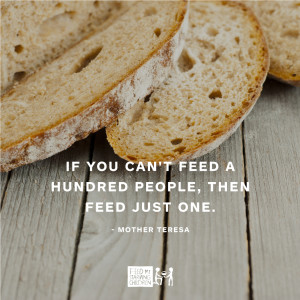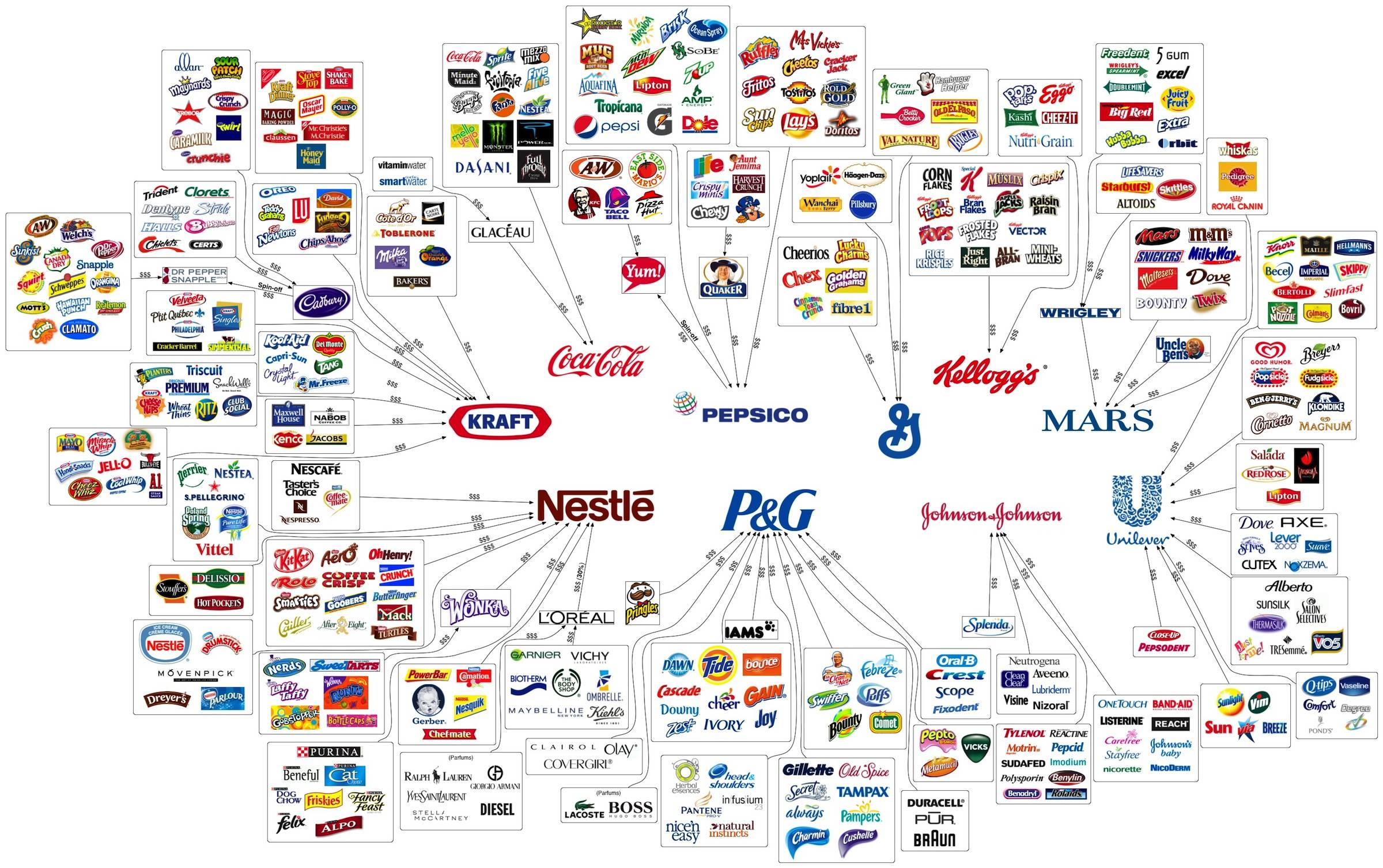I love to eat. I enjoy healthy food and junk food, salads and McNuggets (though I certainly have tried to curb the latter). I even accepted Indian food into my life again earlier this summer after avoiding it for 8 years following my trip there. (Turns out it I didn’t dislike the food – it was the aroma of dog and feces which invaded my experience that turned me off.) I snack frequently and look forward to social interactions because they likely include food.
Should I be so surprised that my kids also enjoy it? I’m thrilled about this. So far, they eat with a broad palate. We make lunches of sliced bell peppers, cucumbers and hummus or soups. A bean and rice bowl is met by willing mouths. And, like their parents, my kids enjoy dessert. I try very hard to approach all food – even those made of dairy or including gluten, which we avoid – as gifts so we don’t have “bad food” and “good food”. It’s all good. Some of it makes us feel crummy later – specifically H boy and mama.
This evening Lady C tried to convince me that we didn’t eat lunch. Which is completely false because today was McCommunion. Then we went to a picnic with church family for dinner. I reviewed with her our gluttonous menu plan, reiterating we ate 3 full meals plus snacks and daddy generously gave her one of Grandma’s Monster Cookies before bed. Yet the girl insisted that we missed a meal. (Come on. As if her Mama could ever do that.)
As I repeated our 3-meal-2-snack life, I couldn’t help but remember the many kids (and adults!) in places near and far who ate a quarter of such food. I’m guessing that research could provide evidence that we ate more today than most people in the rest of the world. (I tried a basic google search to find a statistic which would catch the eye of you numbers-driven people. However, I got dizzy and a little depressed after my first search result from the World Hunger Education Service).
We walk a fine line with our kids when it comes to waste and abundance. We want them to know they will never be in need – their family will take care of them. That’s not a worry for them to take on themselves. However, we also want to instill in them a sense of responsibility that comes with our privileged place in society.
“Starving kids in China” didn’t really work much for our generation – I wanted to send my mom’s roast over as an offering of my concern – but I don’t want my kids to leave the house thinking that food is a limitless supply. In our circumstance, yes, we can always buy more. But not everyone can. And when we do that – when we toss it in our garbage instead of our mouths, we are removing it from the shelves and changing the economics involved to get needed resources to the people who need them most.
In general, if a full meal is presented yet not consumed by one of our children, it waits on the table for snack time as a second chance and no snack will be served until most (a word defined only by mom and dad) is eaten. I simply can’t bear to throw away one bowl of food only to refill it immediately with another. Is it so bad to allow my children to feel hunger once in a while? They’re much easier to deal with when well fed, and I’m not advocating a 40-day fast in any sense, but is our easy access to nutritious food standing in the way of naturally learning the virtue of self-control and perhaps even generosity? 
The Report said that nearly a third of the world population is living on a diet equivalent to $1.25 each day. Now that Wendy’s jacked up their Value Menu, you can’t even get a single sandwich for that, let alone 3 squares and 2 snacks. And we’re not talking about produce. That budget will get you a bag of organic apples for the entire week and nothing else. Can you imagine your week’s groceries consisting of a bag of apples for each person?
A friend of mine pastors a church that spends the end of the Lenten season in a Week of Solidarity to gain an understanding of life for the poor around the world. They use the season of fasting to eat only what $1.25 will purchase and spend time praying for those in need and giving their remaining grocery and food budget to organizations devoted to feeding the hungry. After this evening’s brief discussion, I’m wondering how I might differentiate that for the children so they can begin to understand that the joy of food doesn’t come just in cookie form.
How do we begin to make a lifestyle of acknowledging that our satiation isn’t a reality for all people without heaping guilt upon them every time we sit at the table? I feel a healthy tension is required, one that doesn’t result in worried souls but rather compassionate and aware little humans. I want them to keep their healthy appreciation of food and eat so their little bodies grow strong. It’s not the food that is the enemy: it’s our casual indifference to the waste of it.

